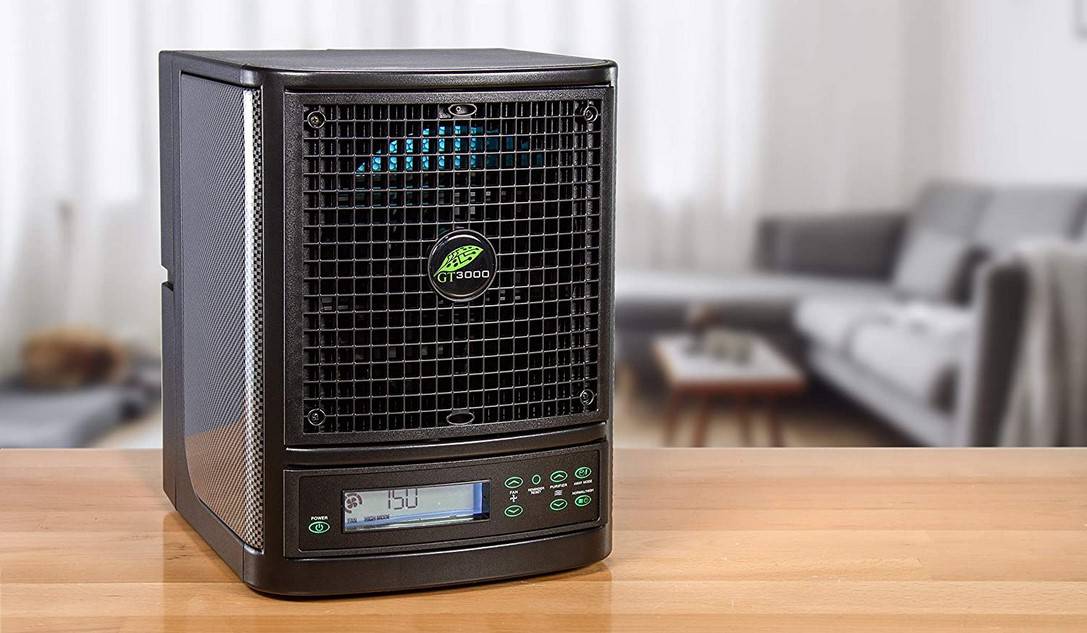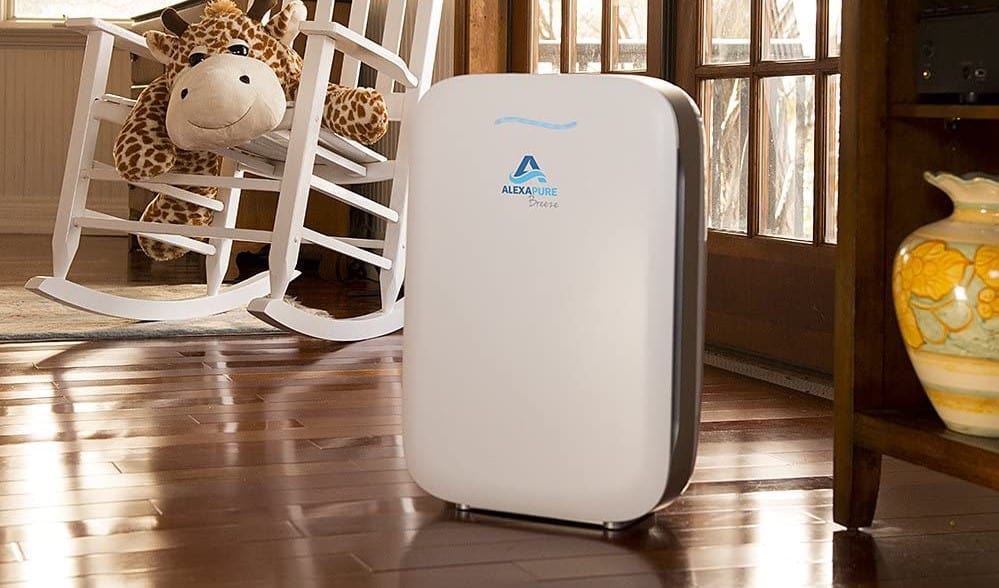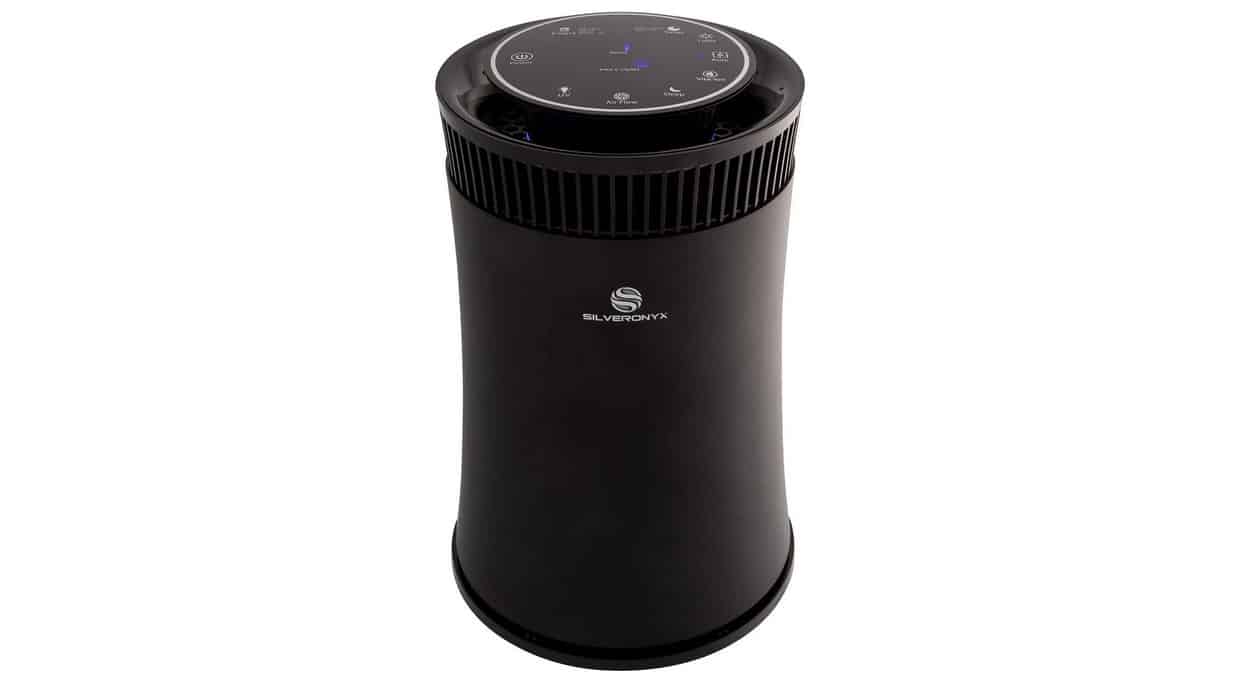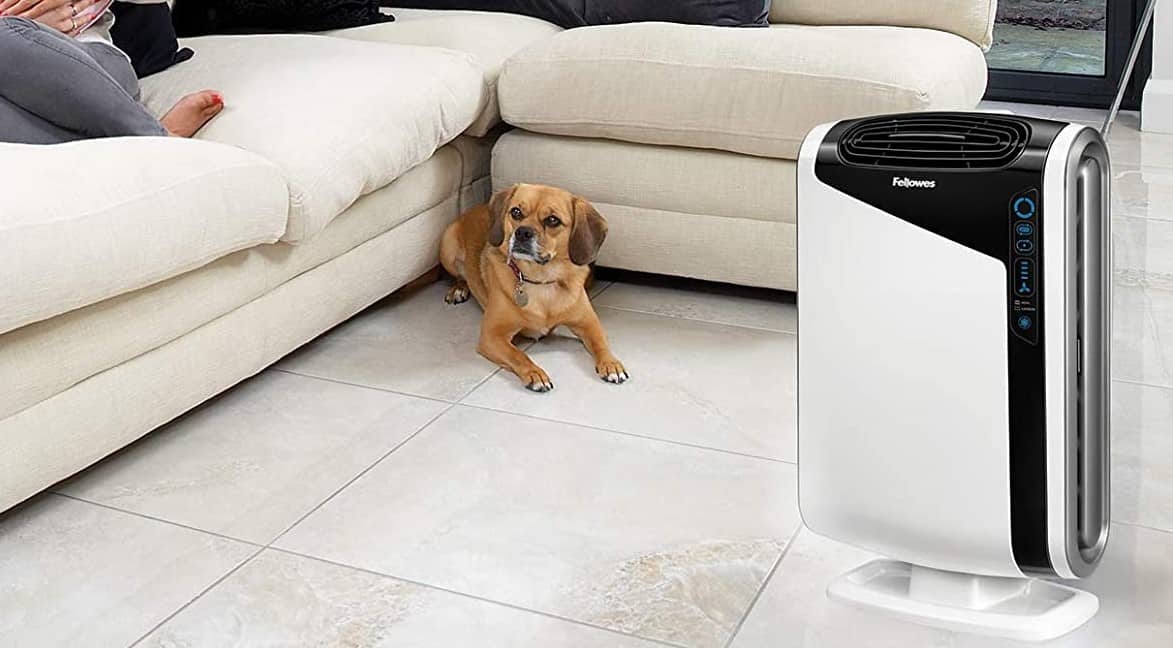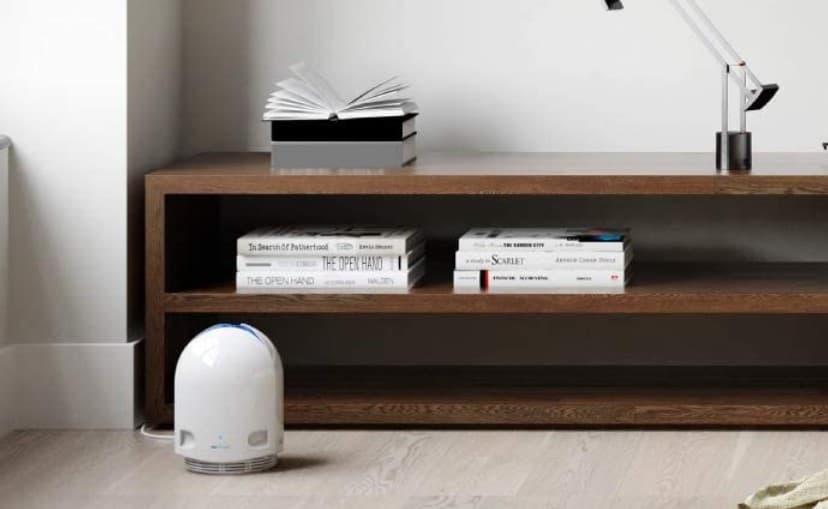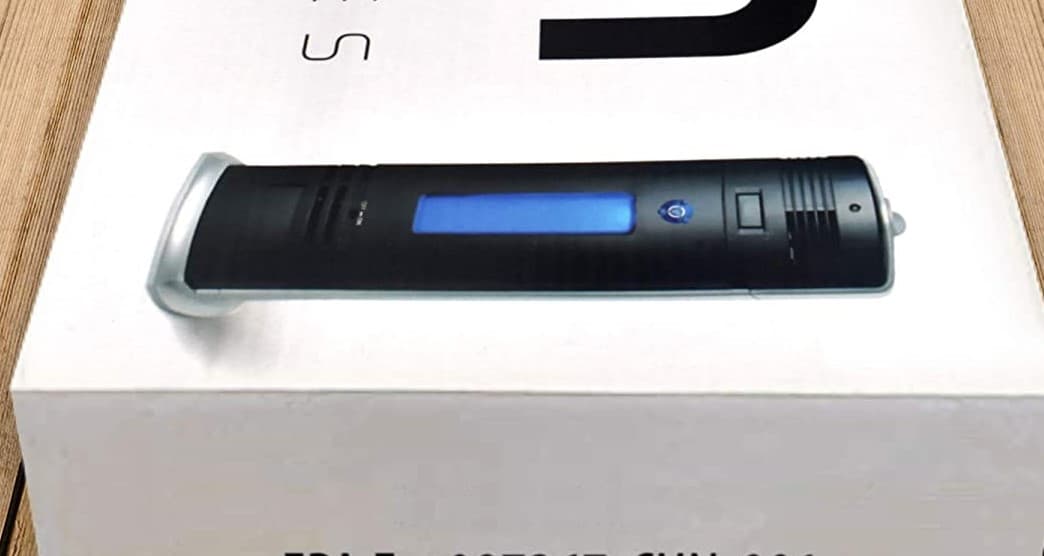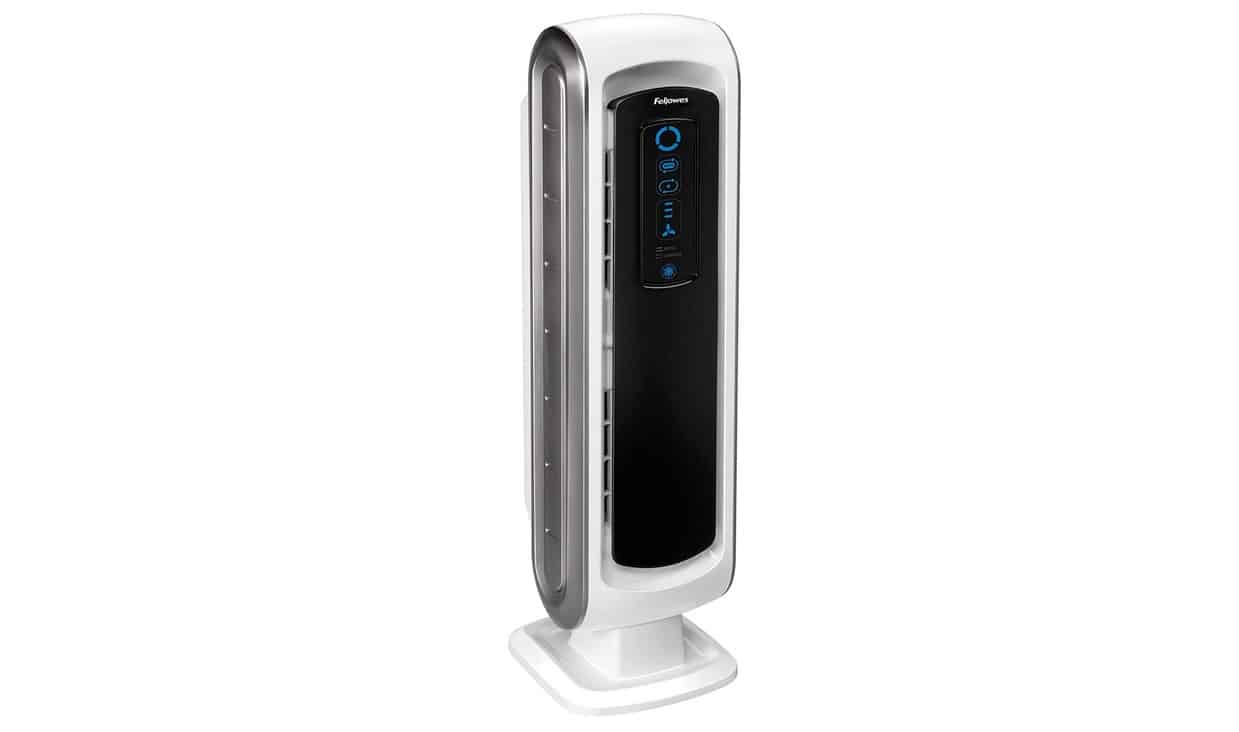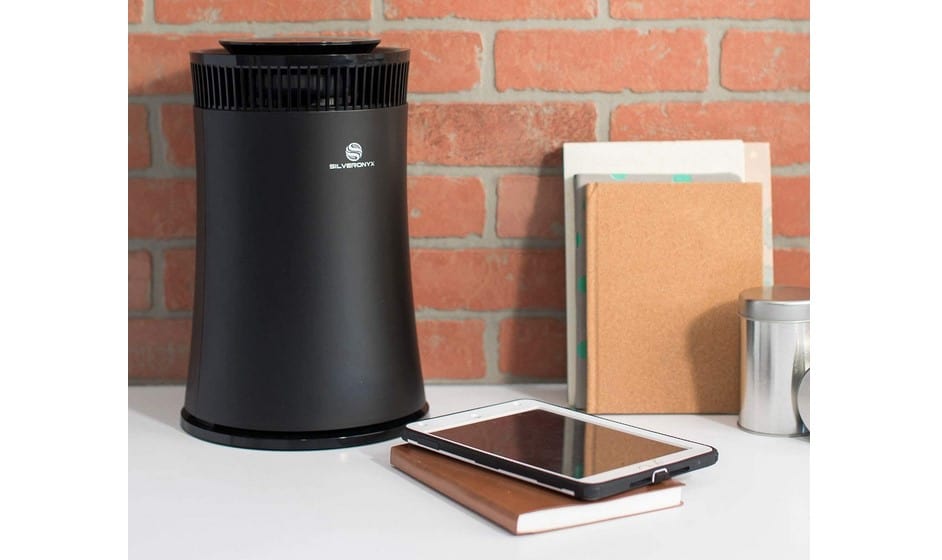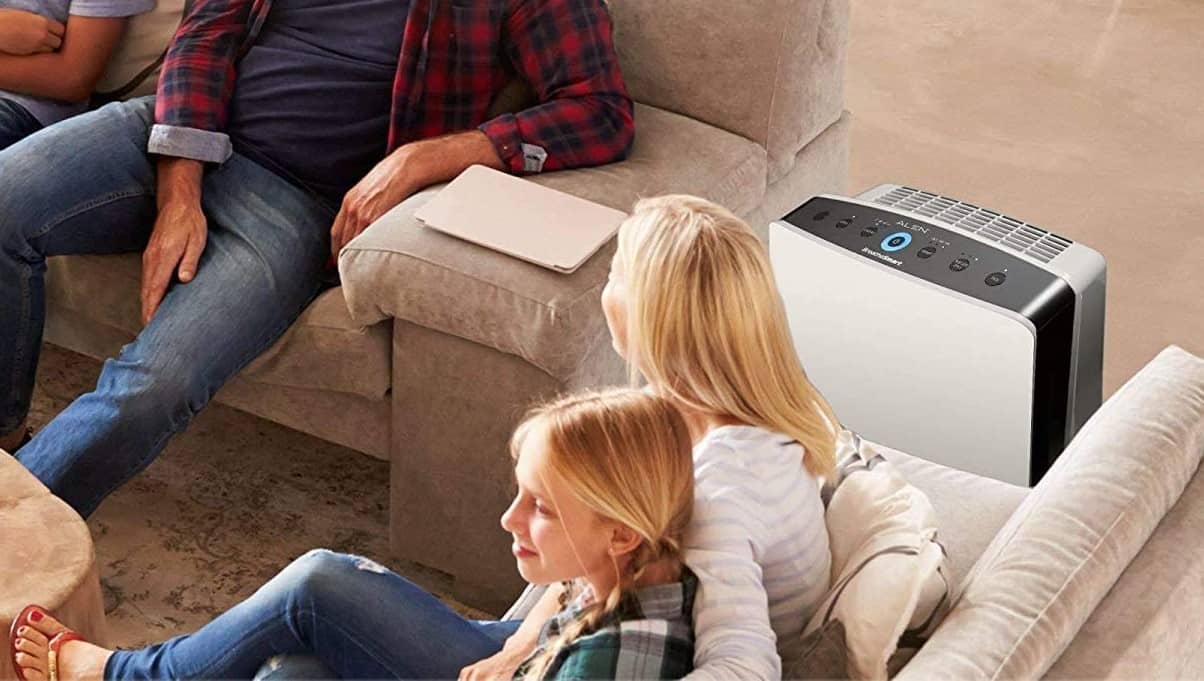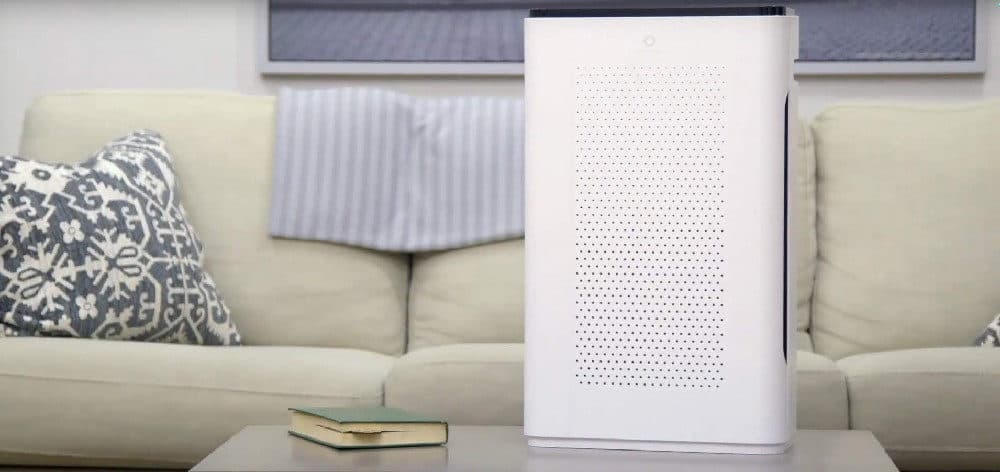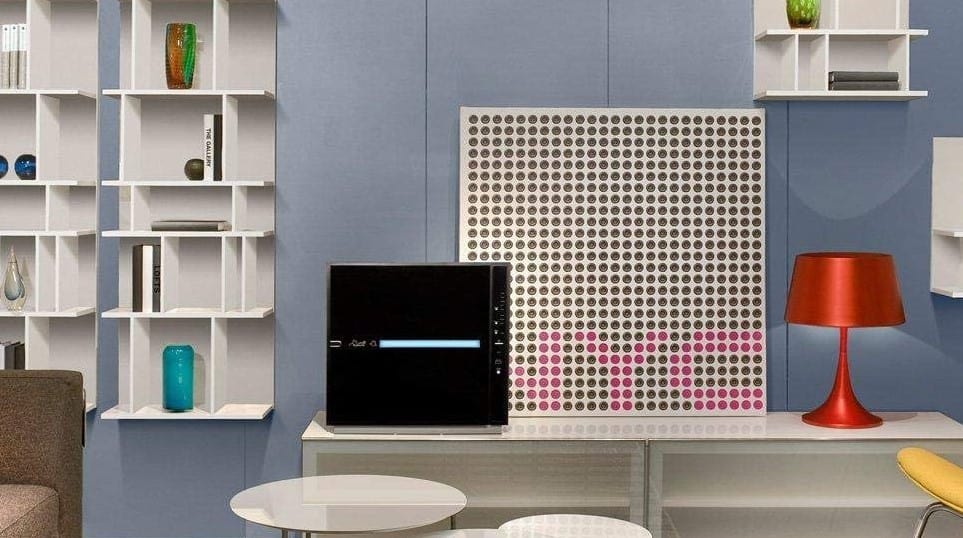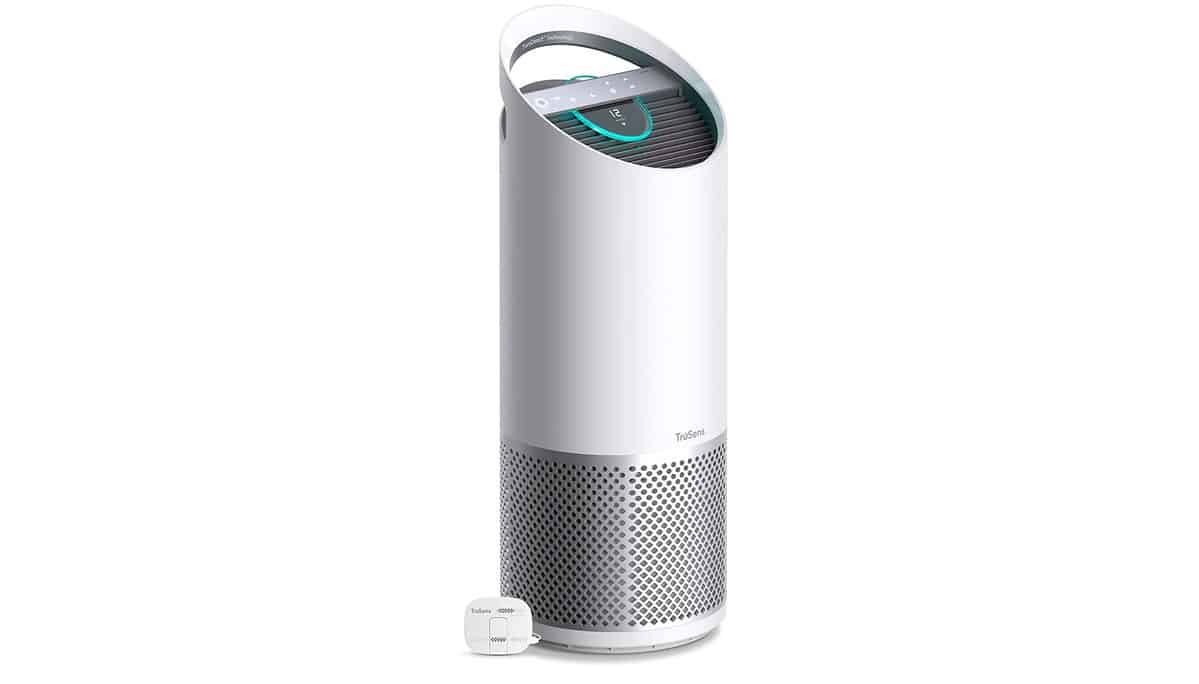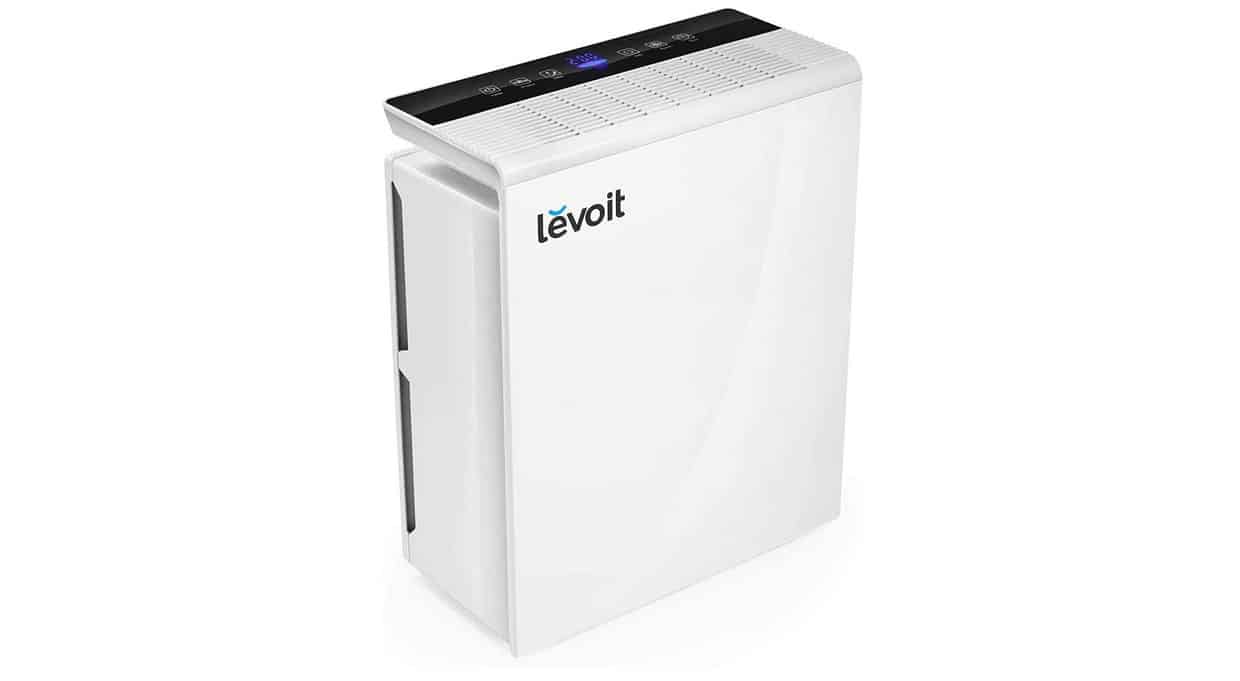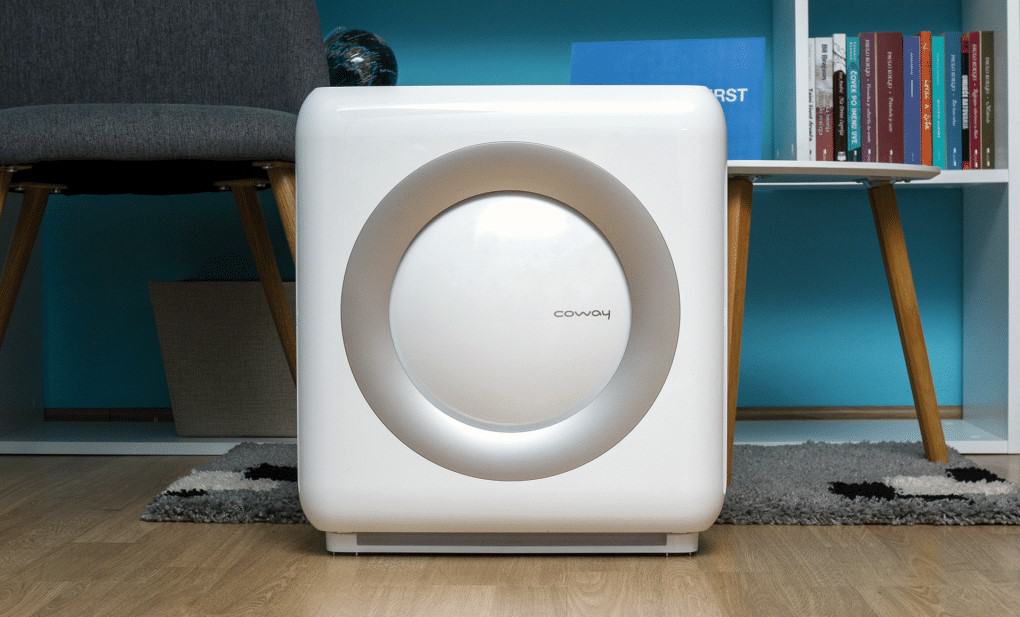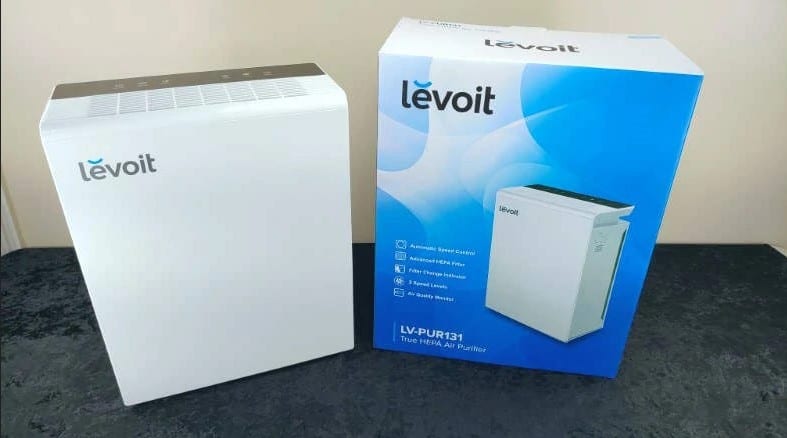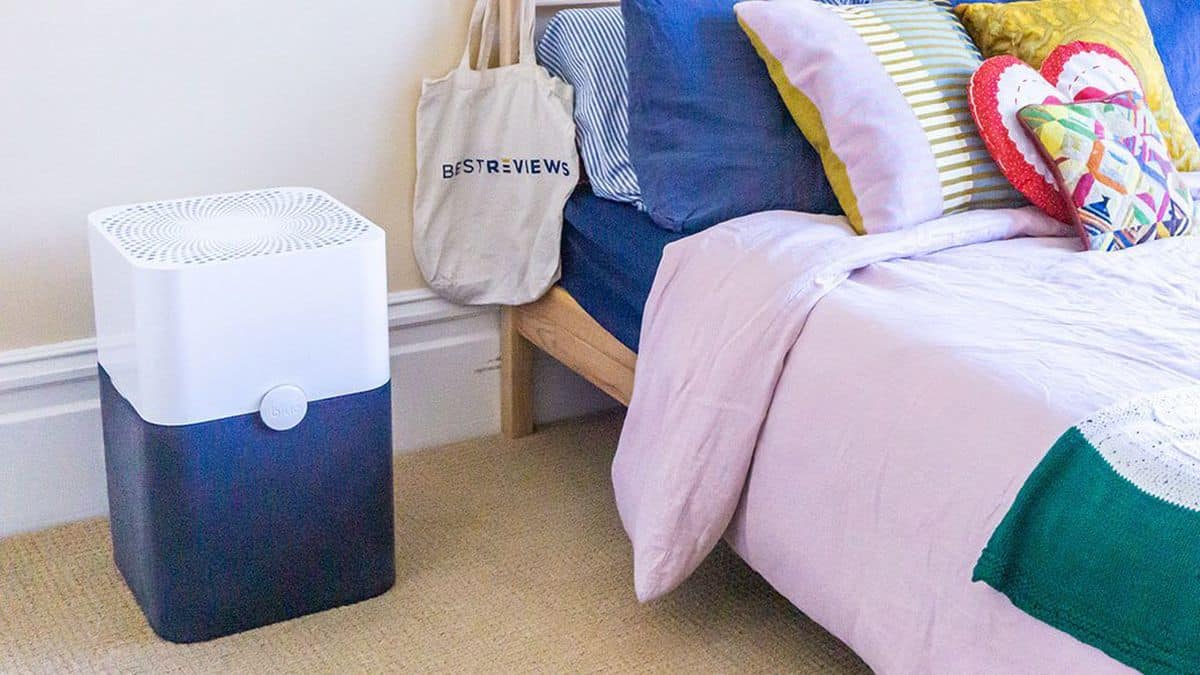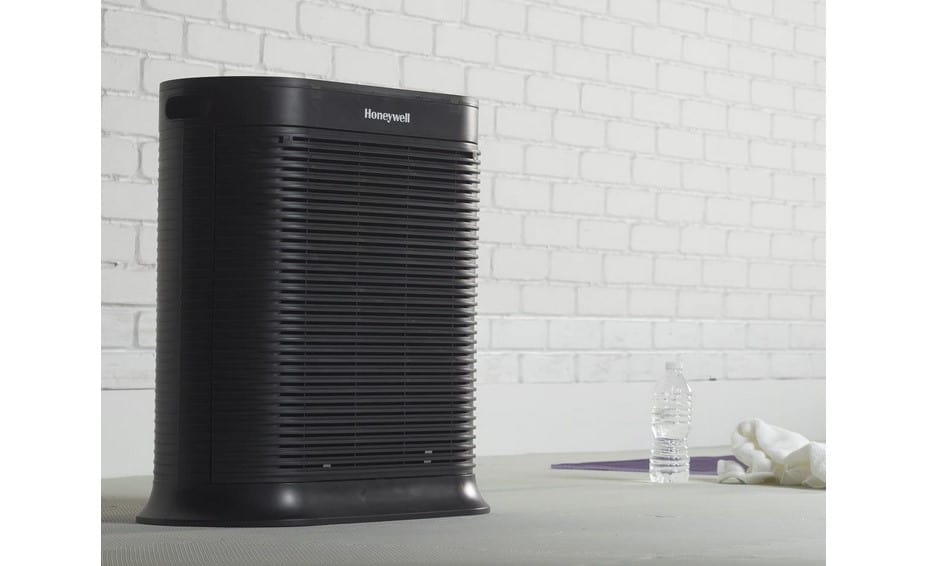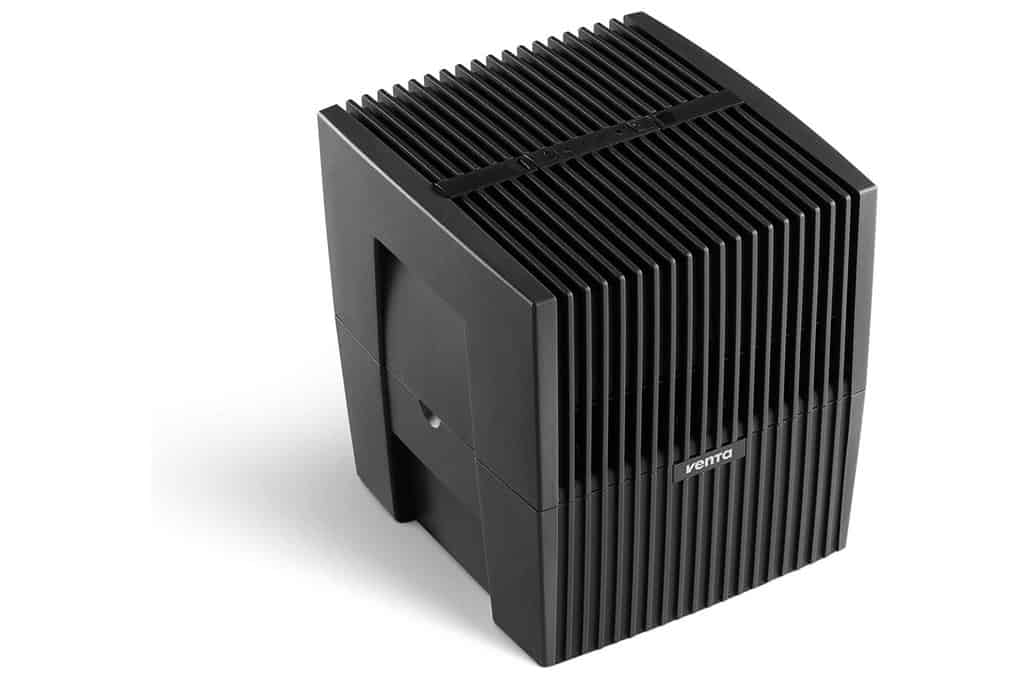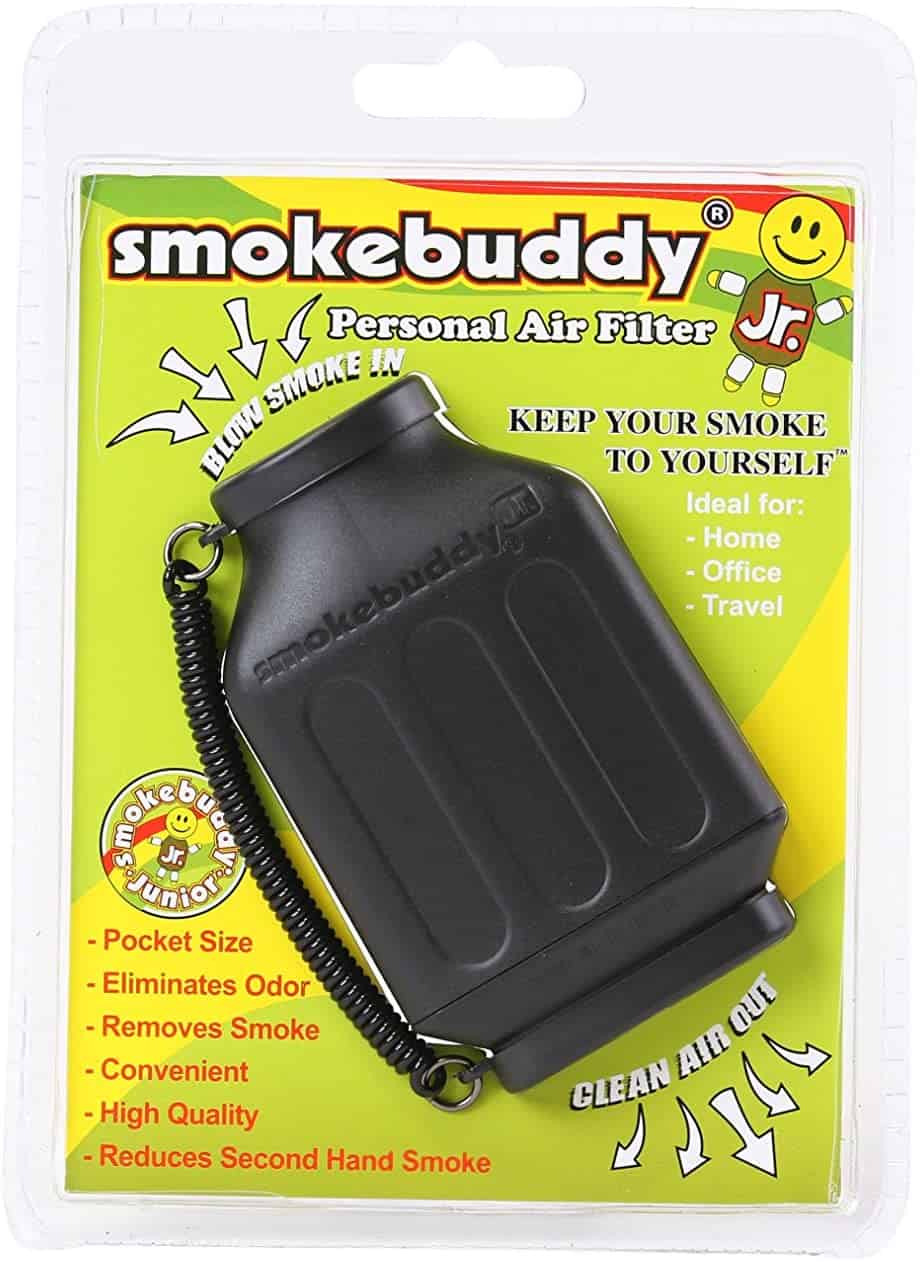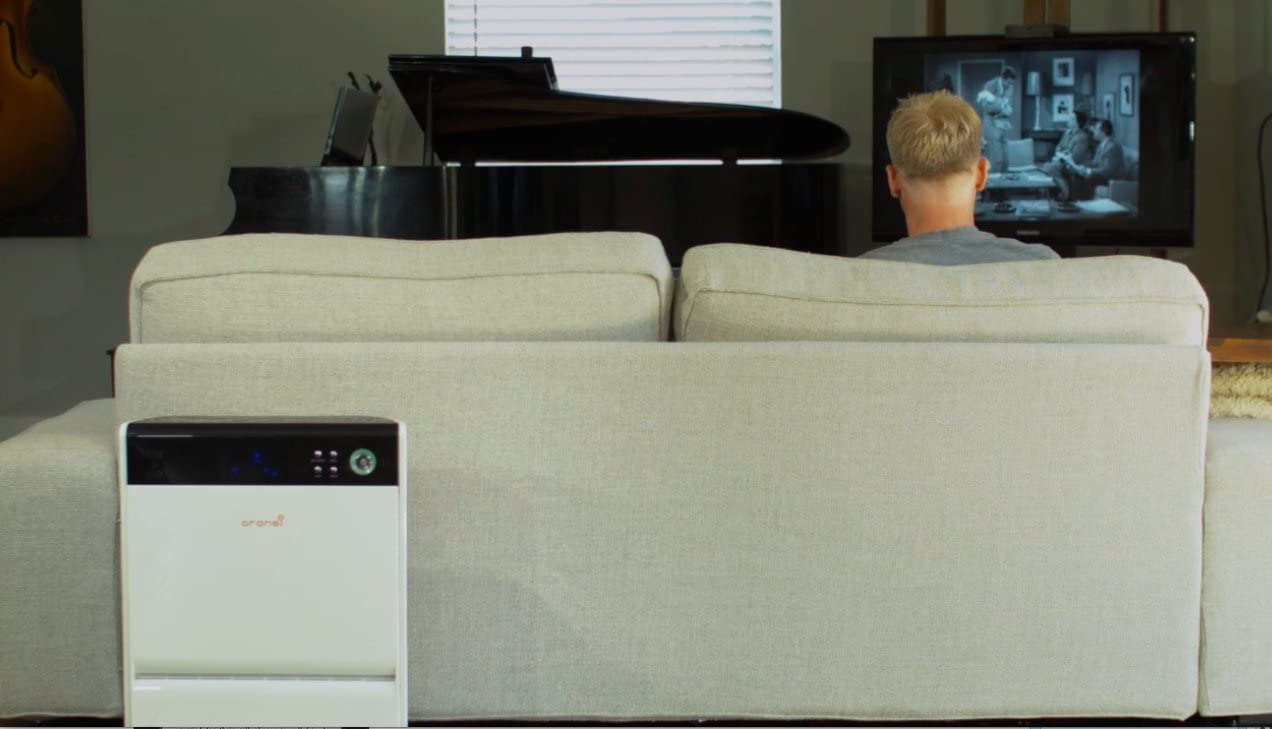Looking at how a UV vs an ozone air purifier measures up can save you from making a potentially dangerous mistake. Everybody benefits from keeping things like pet dander and other harmful particulate matter under control. The system you choose to use can make or break you, so do your research to find the best air purifiers for the job.
KEY TAKEAWAYS:
- Ozone generation has been linked to several health complications in those with respiratory diseases, such as shortness of breath and asthma attacks.
- UV air purifiers are a much safer way to continuously clean your air as it flows through your ducts.
- Between the two options, you’re much better off choosing UV light products to help you keep your health conditions under control.
Is a UV or an Ozone Air Purifier Better?
If you’re worried about how a UV vs ozone air purifier will work in your household, you’re in the right place. Today we’ll talk about the differences in these systems and which one is best for you. You might decide by the end that you aren’t a fan of either system. If so, that’s totally fine. You can look into other systems and alternatives. For example, you can compare a water air purifier vs a filter air purifier, PCO vs HEPA air purifiers, air cleaner vs air purifiers, and filter vs filterless air purifiers before you make a decision.
Insider Tip
To keep your household’s oxygen totally clean, try using a whole-house air purification system alongside portable units for the best results.
Explaining Ultra Violet Light
UV purifiers are whole-house purification systems. This means that they aren’t a great choice for those living in apartments or who are only renting their homes. For homeowners, UV light products can be fantastic for keeping indoor air pollution under control. For more information about whole-house purification systems, check out our comparison of room vs a whole-house air purifier.
How Does Ultraviolet Light Work?
UV-C air purifiers emit UV-C light to help control air quality as it moves through the ducts of your home. Instead of using carbon filters or similar filtration technology, UV light products kill things like mold spores and other harmful particles through exposure to UV lights.
Is UV-C Light Effective for Cleaning?
You can absolutely count on UV-C air purifiers for cleaning out gaseous pollutants, including ozone gas products. Ultraviolet light might not be a replacement for more intensive air purification systems, but they will make sure that most hazardous airborne particles are kept under control.
Explaining Ozone Air Purifiers
Ozone air purifiers were once a highly popular method to control unwanted airborne particles in households. Ozone technology uses ozone gas products to sanitize household air conditions.
How Does an Ozone Air Cleaner Work?
Ozone purifiers emit small levels of ozone into the air to purify your oxygen. This causes the ambient ozone levels in your house to rise. Even small amounts of ozone can be hazardous to your health.
Is Ozone Air Purification Effective?
Ozone air purification has not been shown to have a huge effect on improving poor air quality. This is because the concentrations of ozone considered safe for people are too low to purify your air.
Warning
Any exposure to ozone can be hazardous for your health so make sure your air purifier doesn’t generate ozone as a byproduct.
Which Option is Better for You?
At the end of the day, having any amounts of ozone in your home can be hazardous to health. In fact, lowering indoor ozone levels is one of the best things you can do. If your indoor air quality needs to be improved then you should choose UV-C light or other air cleaning technologies.
F.A.Q.
Are ozone generators effective at cleaning the air?
Ozone generators have not been proven effective at processing air pollution in any meaningful way. This is because they don’t produce a high enough amount of ozone to make a difference.
What should I do if my air purifier produces ozone?
If you find out that your air cleaner produces ozone emissions, it’s time to replace it and buy a new model. There are many out there that are highly affordable.
What are the side effects of ozone exposure?
There are a few health risks associated with exposure to ozone concentrations:
- Damage to lung function
- Increased attacks for asthma sufferers
- Some people report chest pain
Which air purifiers are ozone-free?
Most modern air cleaning technologies do not produce ozone. Here are a few that you can be sure don’t:
- Anything with a medical-grade HEPA filter
- Models using carbon filters
STAT: At 67.2 parts per billion, the largest population-weighted concentration of ambient ozone pollution in 2019 was in Qatar. (source)

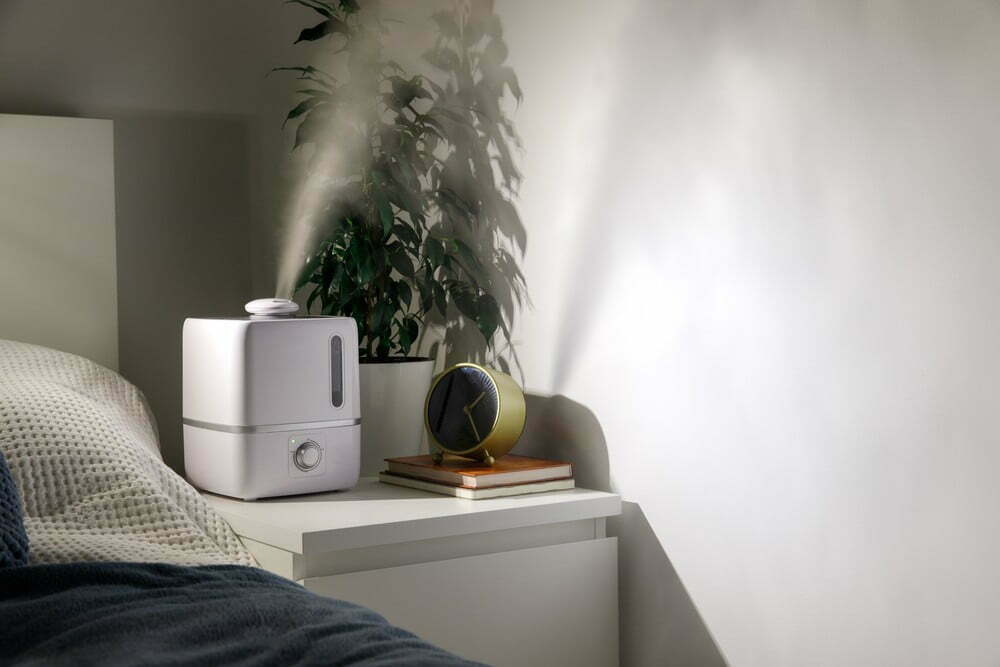













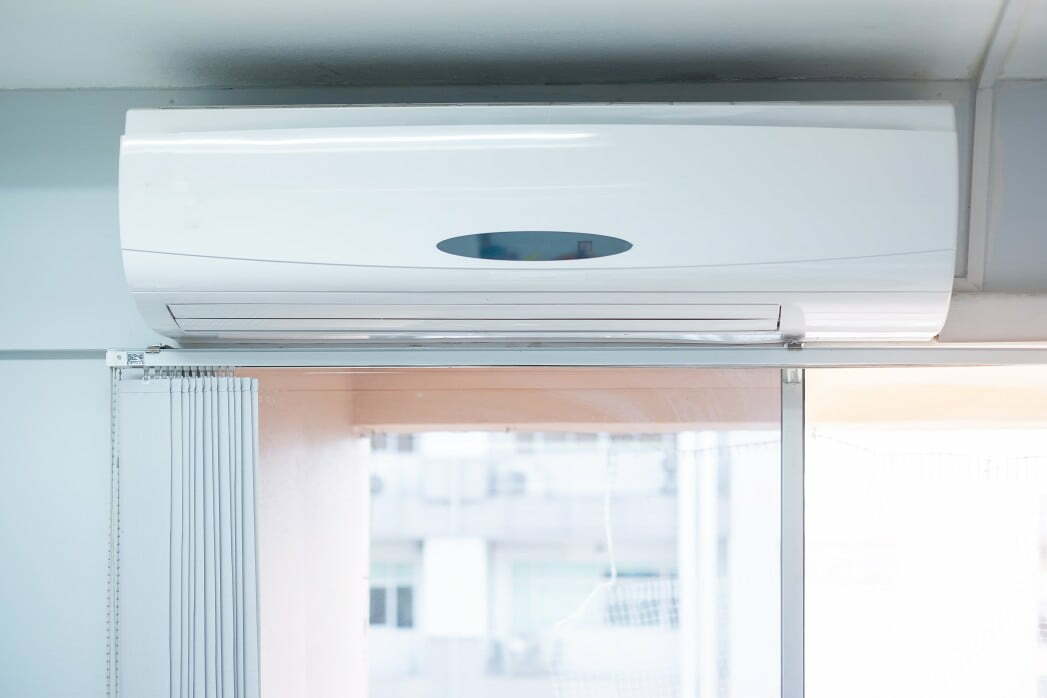

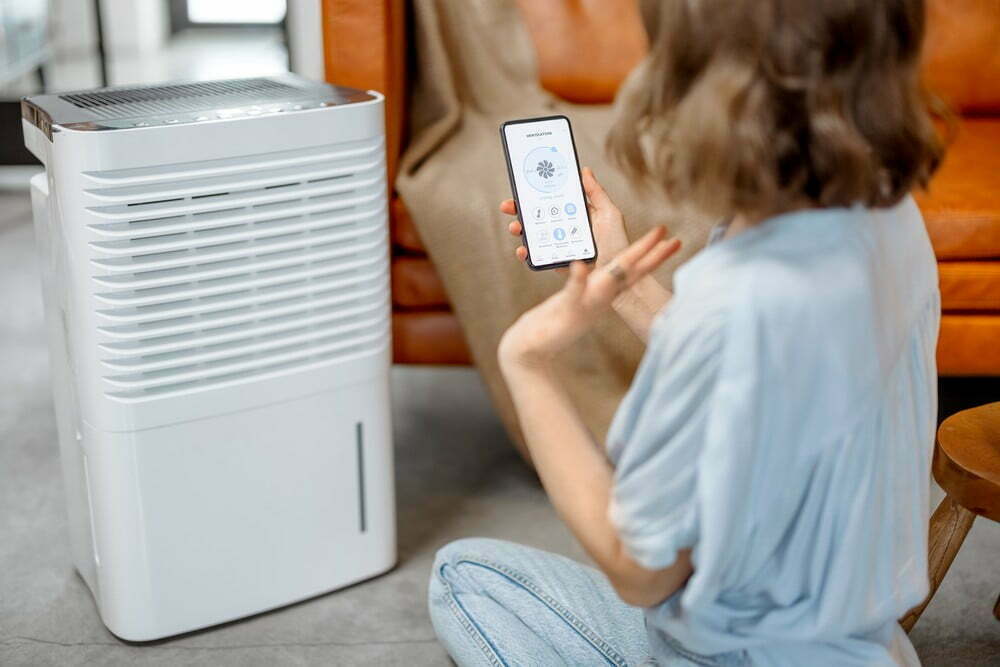
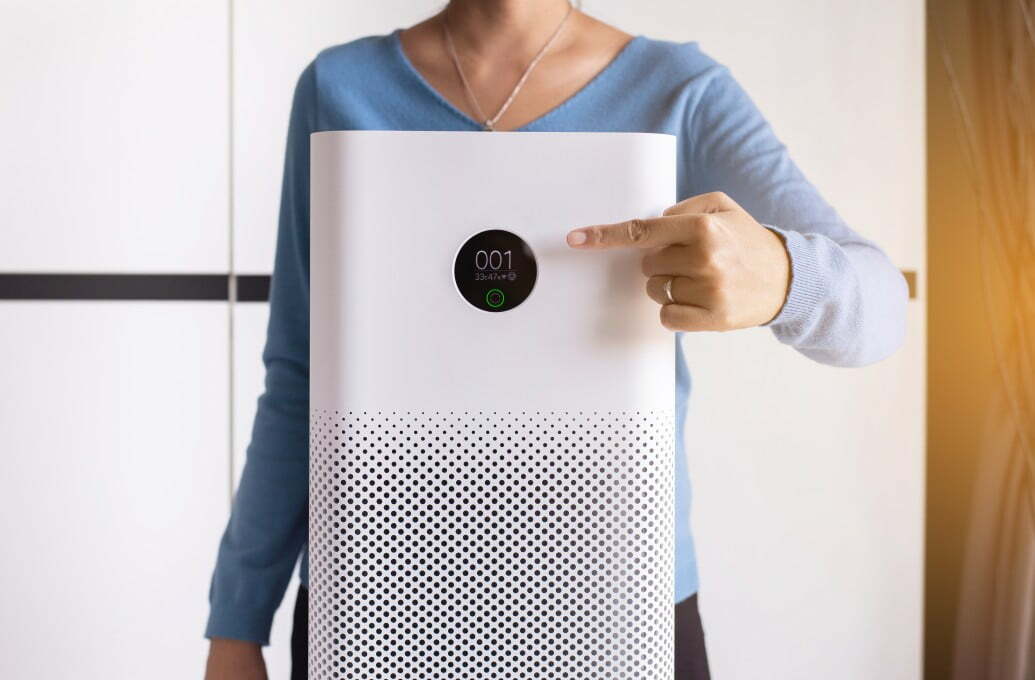
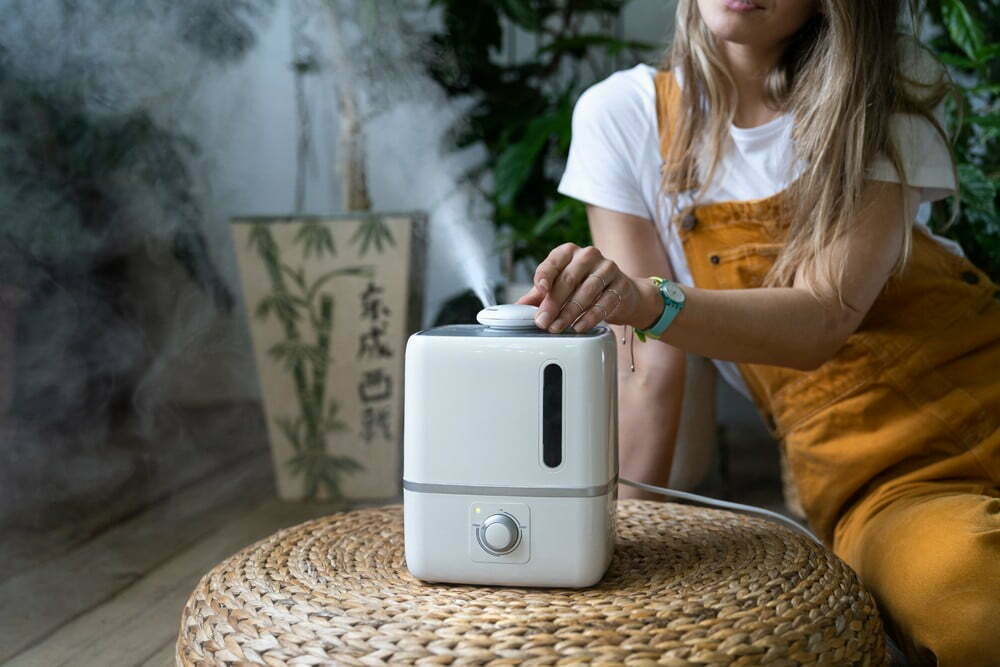
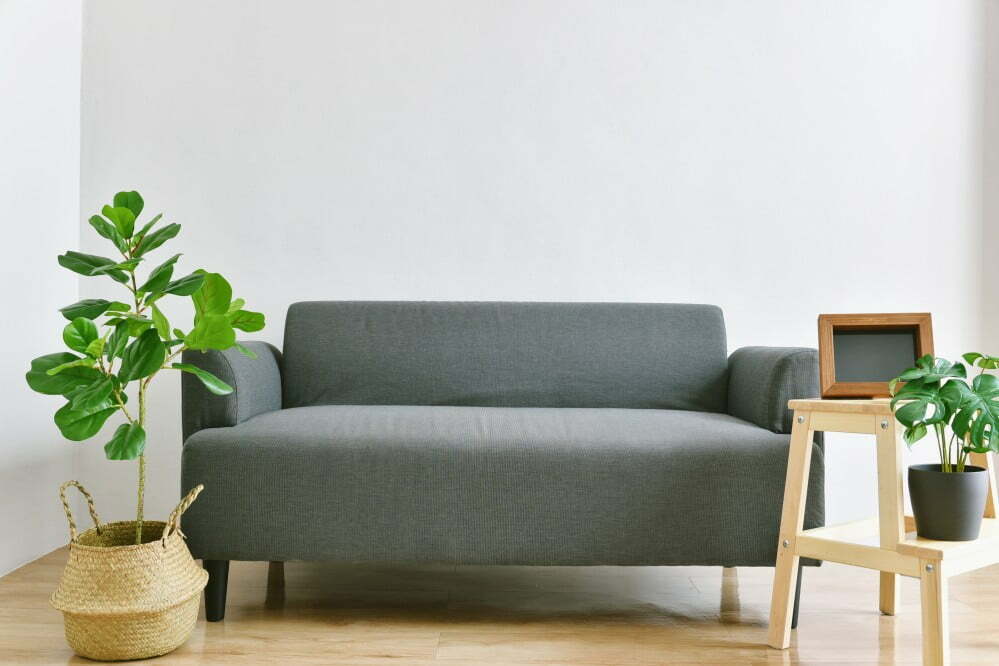

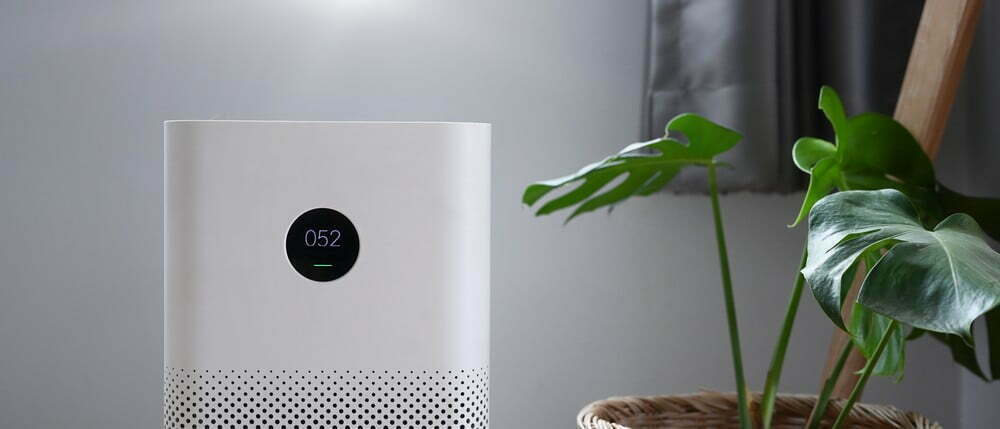
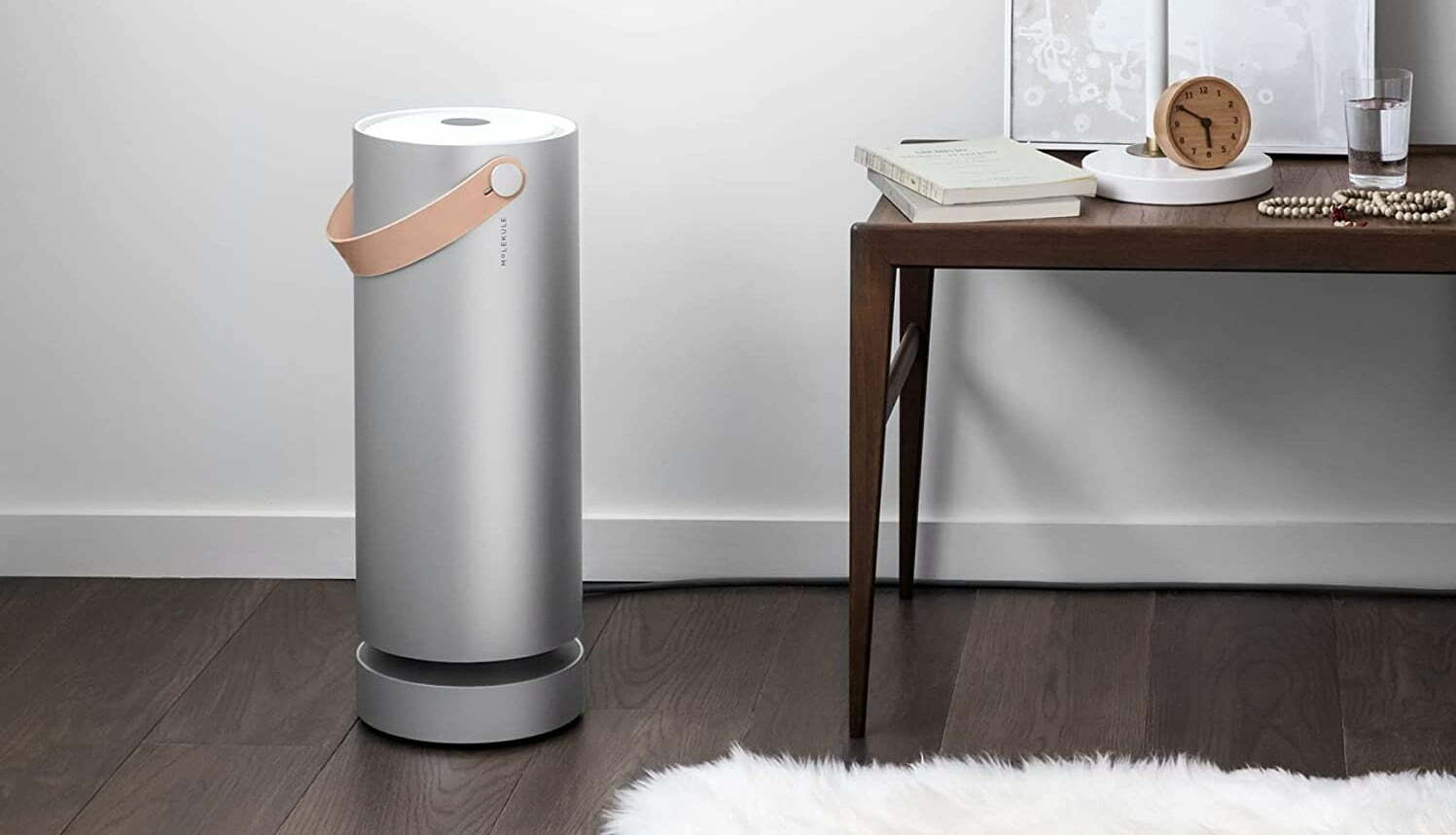
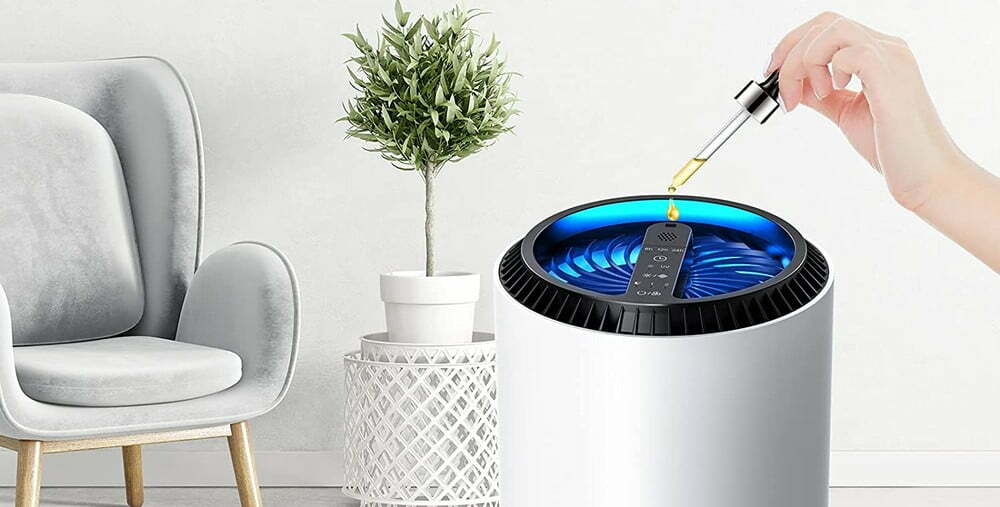
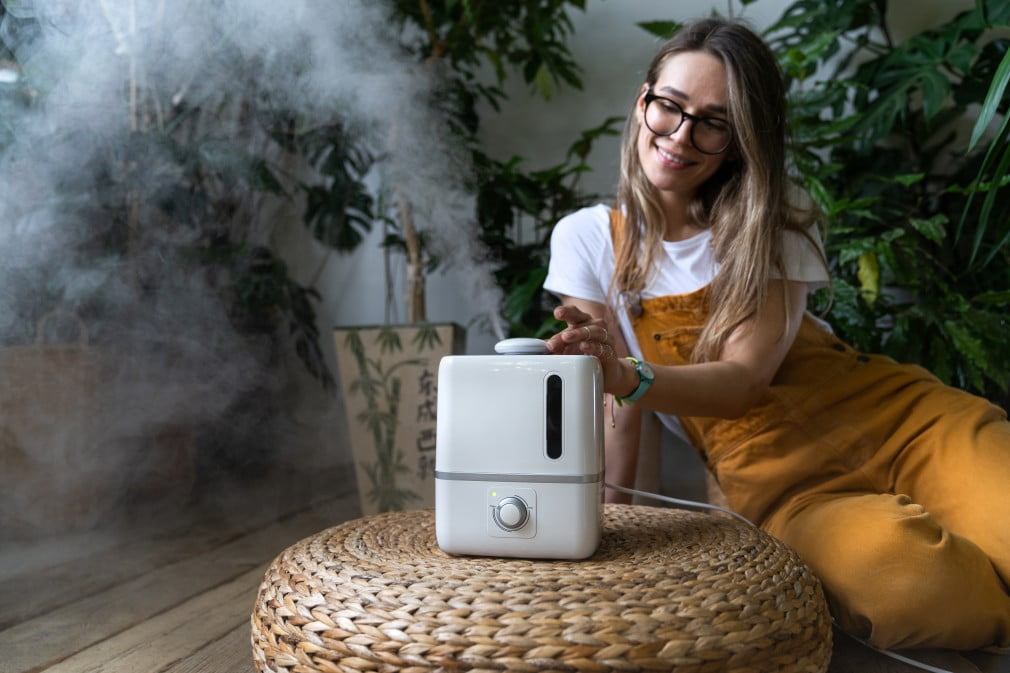
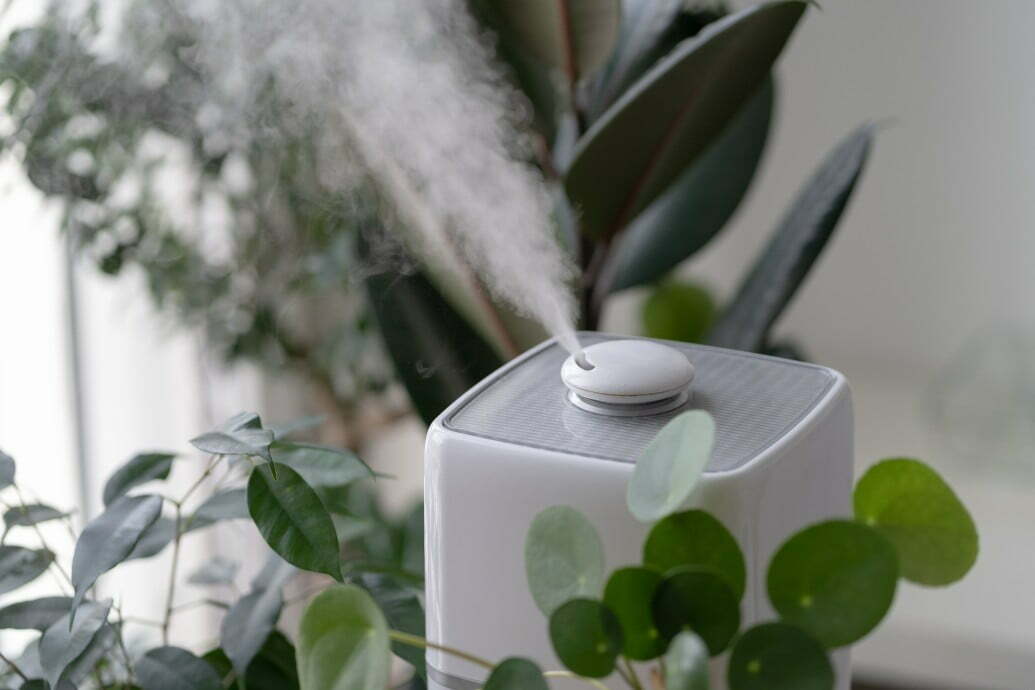
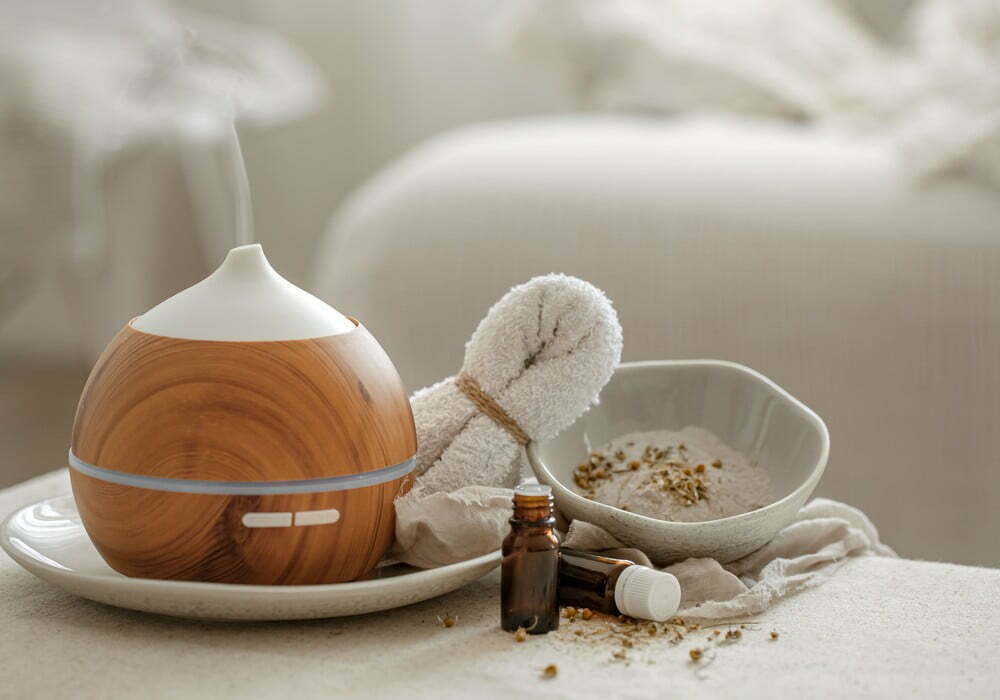
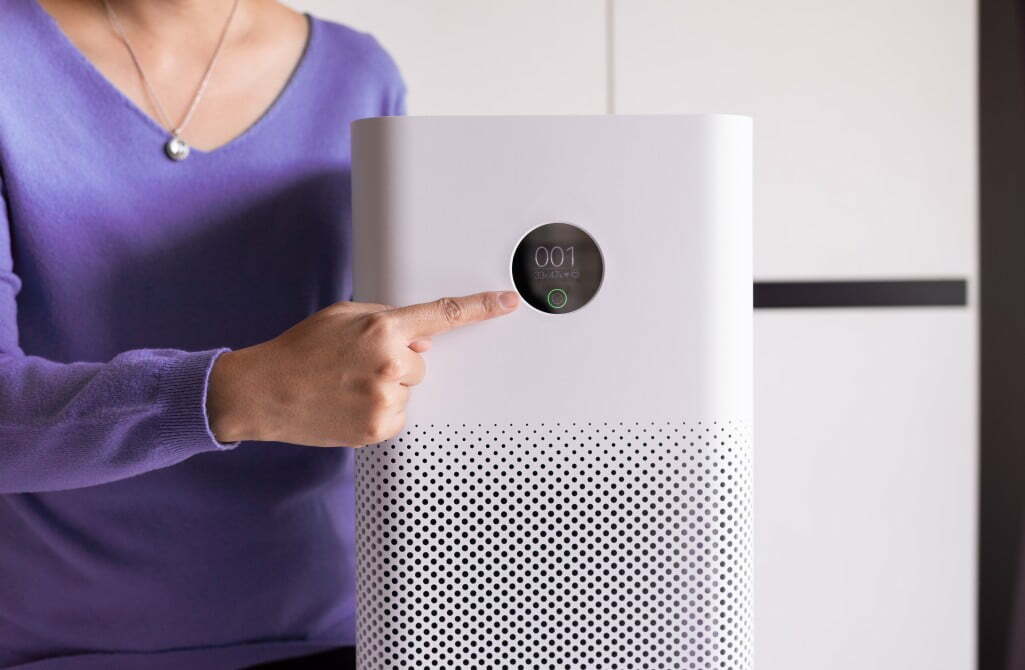
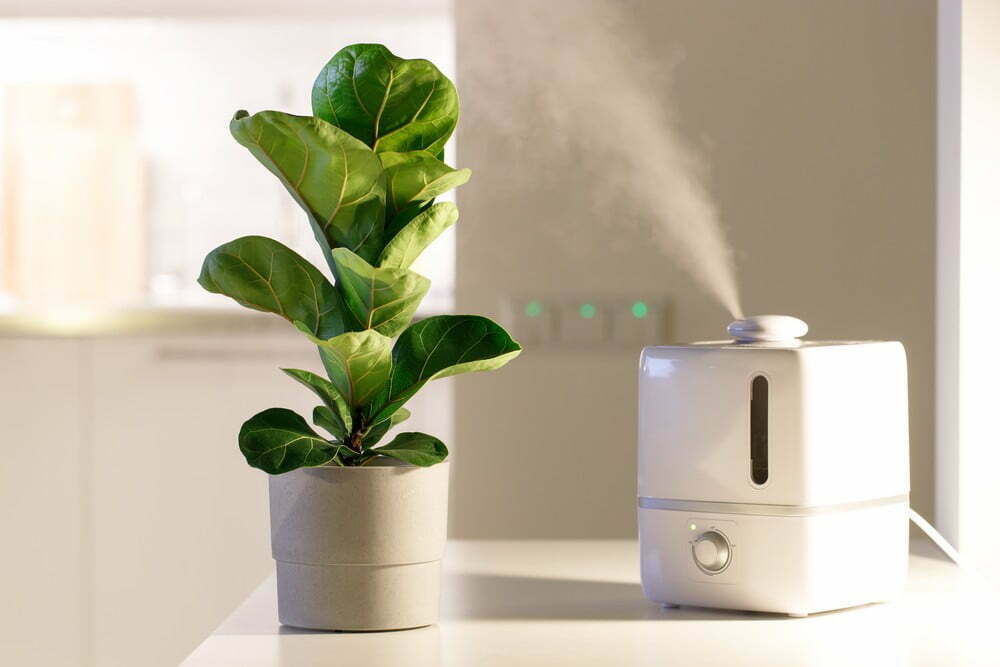

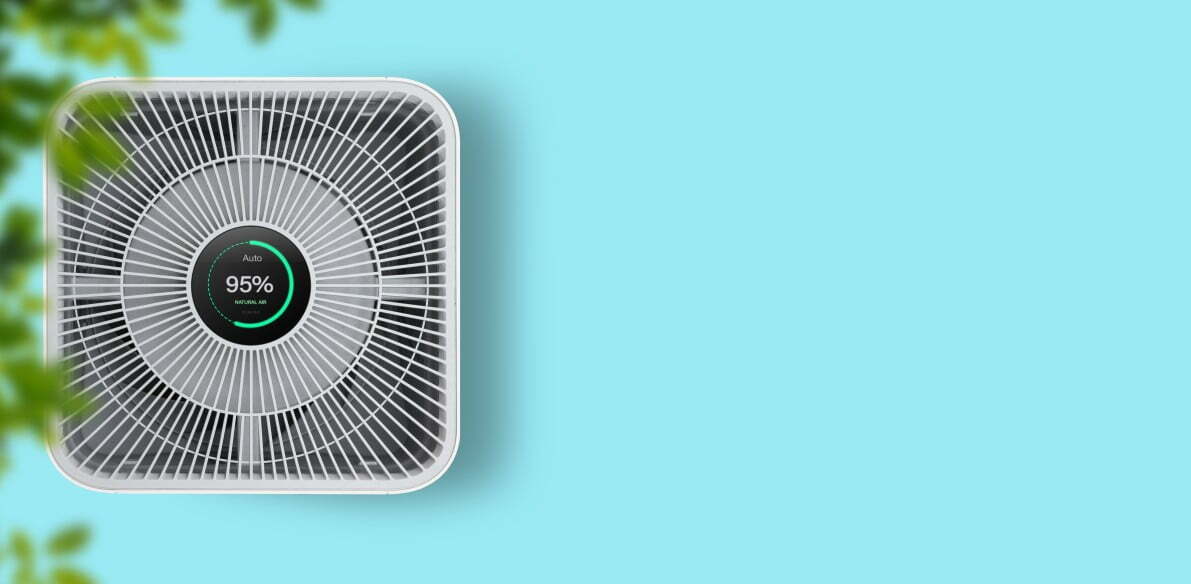
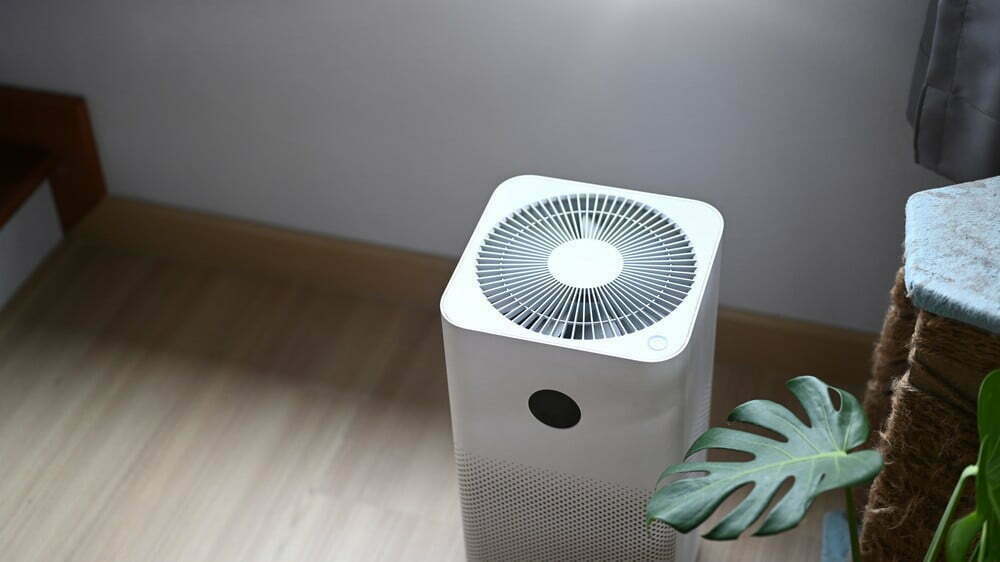
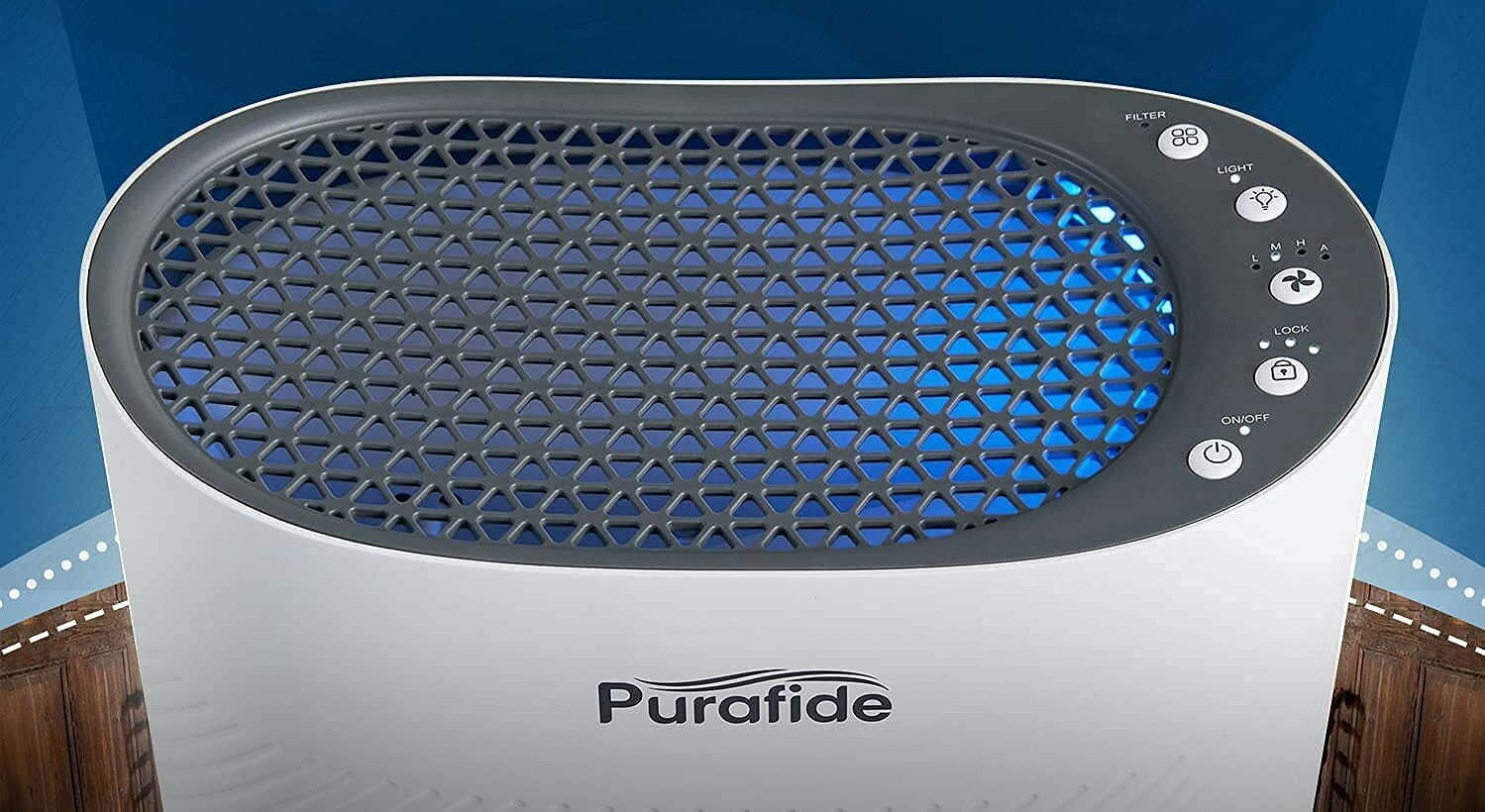
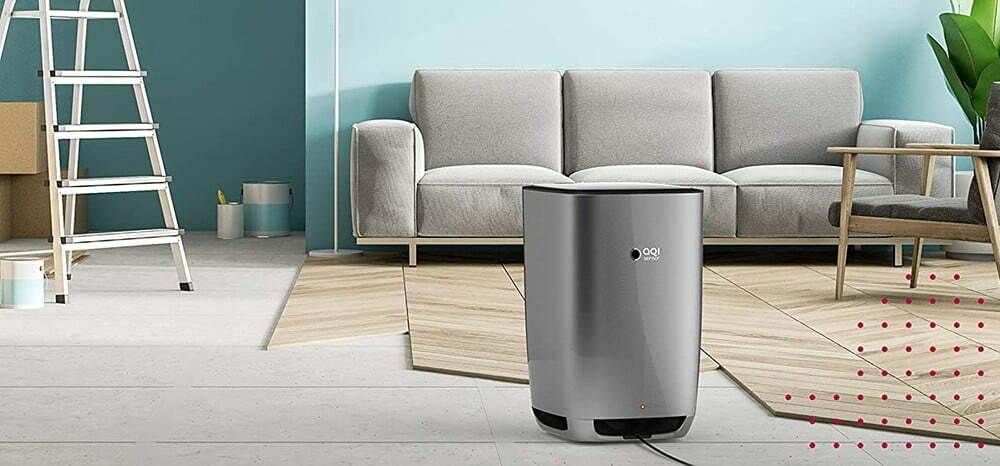
![Best Air Purifiers for VOCs and Formaldehyde in [year] 27 Best Air Purifiers for VOCs and Formaldehyde in 2026](https://www.gadgetreview.dev/wp-content/uploads/best-air-purifier-for-vocs-and-formaldehyde-image.jpg)
![Best Air Purifier in [year] ([month] Reviews) 28 Best Air Purifier in 2026 (January Reviews)](https://www.gadgetreview.dev/wp-content/uploads/Honeywell-True-HEPA-Allergen-Remover-HPA300-e1475603569442.jpg)
![Best Air Purifiers for Dust in [year] 29 Best Air Purifiers for Dust in 2026](https://www.gadgetreview.dev/wp-content/uploads/best-air-purifier-for-dust-image.jpg)
![Best Honeywell Air Purifiers in [year] 30 Best Honeywell Air Purifiers in 2026](https://www.gadgetreview.dev/wp-content/uploads/best-honeywell-air-purifier-image.jpg)
![Best Germicidal Air Purifiers in [year] 31 Best Germicidal Air Purifiers in 2026](https://www.gadgetreview.dev/wp-content/uploads/best-germicidal-air-purifier-image.jpg)
![Best Filterless Air Purifiers in [year] 32 Best Filterless Air Purifiers in 2026](https://www.gadgetreview.dev/wp-content/uploads/best-filterless-air-purifier-image.jpg)
![Best Levoit Air Purifiers in [year] 33 Best Levoit Air Purifiers in 2026](https://www.gadgetreview.dev/wp-content/uploads/best-levoit-air-purifier-image.jpg)
![Best Air Purifiers for Smoking Weed in [year] 34 Best Air Purifiers for Smoking Weed in 2026](https://www.gadgetreview.dev/wp-content/uploads/best-air-purifier-for-smoking-weed-image.jpg)
![Best Quiet Air Purifiers in [year] 35 Best Quiet Air Purifiers in 2026](https://www.gadgetreview.dev/wp-content/uploads/best-quiet-air-purifier-image.jpg)
![Best Desktop Air Purifiers in [year] 36 Best Desktop Air Purifiers in 2026](https://www.gadgetreview.dev/wp-content/uploads/best-desktop-air-purifier.jpg)
![Best Dyson Air Purifiers in [year] 37 Best Dyson Air Purifiers in 2026](https://www.gadgetreview.dev/wp-content/uploads/best-dyson-air-purifier.jpg)
![Best Air Purifiers for Dorm Room in [year] 38 Best Air Purifiers for Dorm Room in 2026](https://www.gadgetreview.dev/wp-content/uploads/air-purifier-for-dorm-room-1.jpg)
![Best Air Purifiers for Office in [year] 39 Best Air Purifiers for Office in 2026](https://www.gadgetreview.dev/wp-content/uploads/best-air-purifier-for-office.jpg)
![Best Air Purifiers for Basement in [year] 40 Best Air Purifiers for Basement in 2026](https://www.gadgetreview.dev/wp-content/uploads/best-air-purifier-for-basement.jpg)
![Best Air Purifiers For Odor in [year] 41 Best Air Purifiers For Odor in 2026](https://www.gadgetreview.dev/wp-content/uploads/best-air-purifier-odor.jpg)
![10 Best Personal Air Purifiers in [year] 42 10 Best Personal Air Purifiers in 2026](https://www.gadgetreview.dev/wp-content/uploads/best-personal-air-purifiers.jpg)
![10 Best Plug In Air Purifiers in [year] 43 10 Best Plug In Air Purifiers in 2026](https://www.gadgetreview.dev/wp-content/uploads/best-plug-in-air-purifier-image.jpg)
![10 Best Whole House Air Purifiers in [year] 44 10 Best Whole House Air Purifiers in 2026](https://www.gadgetreview.dev/wp-content/uploads/best-whole-house-air-purifier-image.jpg)
![10 Best Large Room Air Purifiers in [year] 45 10 Best Large Room Air Purifiers in 2026](https://www.gadgetreview.dev/wp-content/uploads/Coway-Airmega-200M-Large-Room-Air-Purifier-900x900-1.png)
![10 Best UV Air Purifiers in [year] 46 10 Best UV Air Purifiers in 2026](https://www.gadgetreview.dev/wp-content/uploads/best-uv-air-purifier.jpg)
